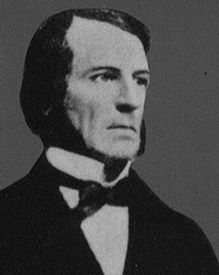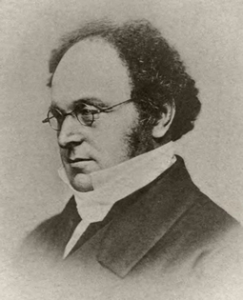As early as 350 BC, Aristotle developed a formalised system of reasoning. He is recognised by many as the father of logic, famously once writing “All men are mortal, Socrates is a man, hence Socrates is mortal”.

In 1840, long before the digital computer has even been conceived, an English mathematician, philosopher and teacher by the name of George Boole took it upon himself to build upon the work of Aristotle and wrote a book entitled “An Investigation of The Laws of Thought On Which Are Founded The Mathematical Theories of Logic and Probabilities”. George Boole’s techniques for simplifying logic expressions would later provide the foundations of electronic circuit design.

At about the same time, a good friend of George Boole, Augustus De Morgan, was helping to develop and refine the laws of logic and Boolean algebra. De Morgan gives his name to the so called De Morgan’s Theorem.

In 1873, an American computer scientist called Claude Shannon wrote “A Symbolic Analysis of Relay and Switching Circuits”. It was in this book that Shannon translated the work of George Boole into simple electronic circuits known as logic gates. Perhaps Claude Shannon is the true father of modern computing!

